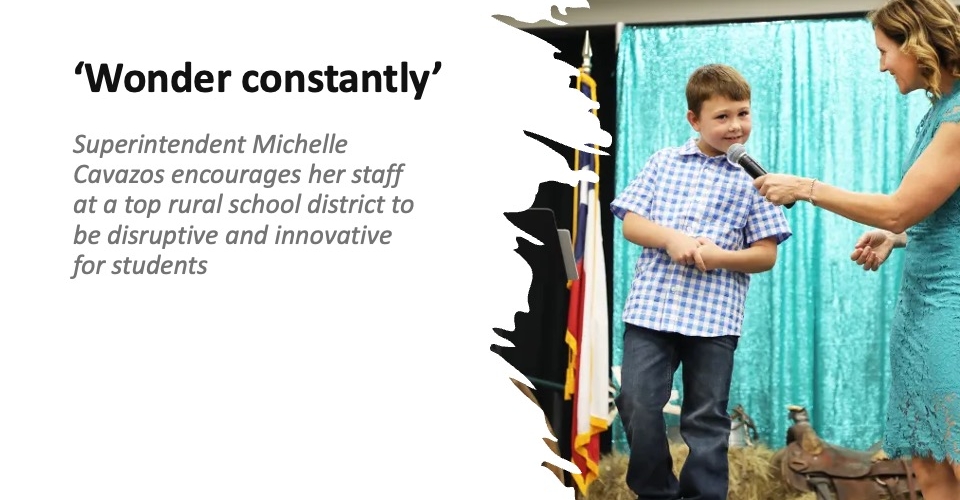As educators and school leaders, understanding and navigating the dynamics of working with sports parents is essential to fostering a positive environment for student-athletes. With over 60 million kids from ages 6 to 18 participating in sports each year, every school leader and educator should be equipped to work collaboratively with parents to create the best student outcomes.
Based on my own experiences, whether it’s playing collegiate tennis and volleyball, cheering on my sons, or as a mental performance coach for high-level student-athletes, I’ve discovered some effective methods to support both parents and their students. My role as head of athletic and personal development at IMG Academy especially has opened up the world of education and youth sports and not only provided me with a deep understanding of the space but has also empowered me with the knowledge to effectively guide parents in supporting their children.
Here are the strategies I’ve learned for educators to effectively collaborate with parents to create the best outcomes for kids:
1. Encourage a growth mindset
Encouraging students to embrace constructive criticism is vital for their development and their ability to overcome challenges. Instilling a growth mindset, where feedback is viewed as a tool for improvement rather than criticism, is invaluable. Educators and leaders should provide feedback on areas within the student’s control and pair it with positive reinforcement.
They should also encourage parents to praise the work and effort within their kid’s control with comments such as, “I saw all the focus and effort you put into the game today,” rather than “You are so talented.” Emphasizing effort and resilience builds a strong foundation for students to succeed in sports and academics.
2. Emphasize resilience
When students face setbacks, such as losses or injuries, parental support is pivotal in how kids recover from those experiences. Encourage parents to give their children space to process emotions and engage in reflective conversations once they feel ready. High emotions are often not conducive to productive conversations.
‘Talking Out Of School’ podcast: How LAUSD gave every student a powerful AI ‘buddy’
It is important to emphasize that self-worth and identity are not wrapped up in winning or losing but are reflective of personal effort and growth. By promoting resilience and learning from challenges, kids develop vital life skills beyond the sports arena.
3. Stress the importance of sideline Etiquette
Educate parents on the impact of their behavior during games. Supporting student-athletes from the sidelines means more than just cheering them on, it means supporting everybody else on the field too. Encourage positive cheering and constructive support while discouraging negative comments or criticism towards players, coaches or officials.
Parents must try to maintain a fun and supportive environment that enhances their children’s enjoyment and long-term participation in sports. In fact, 70% of kids quit sports because it stops being fun, whether because of parental pressure, burnout or stress. Sports are competitive, but at the end of the day, they should still be fun for everyone.
Ultimately, working together with parents as educators can enhance the experience and outcomes of youth sports for kids and parents. As educators and parents, our goal is to support students in pursuing their passions and ensure they enjoy doing so. As an educator, your guidance and collaboration with parents are vital to supporting kids in their sport and, most importantly, in the game of life.









